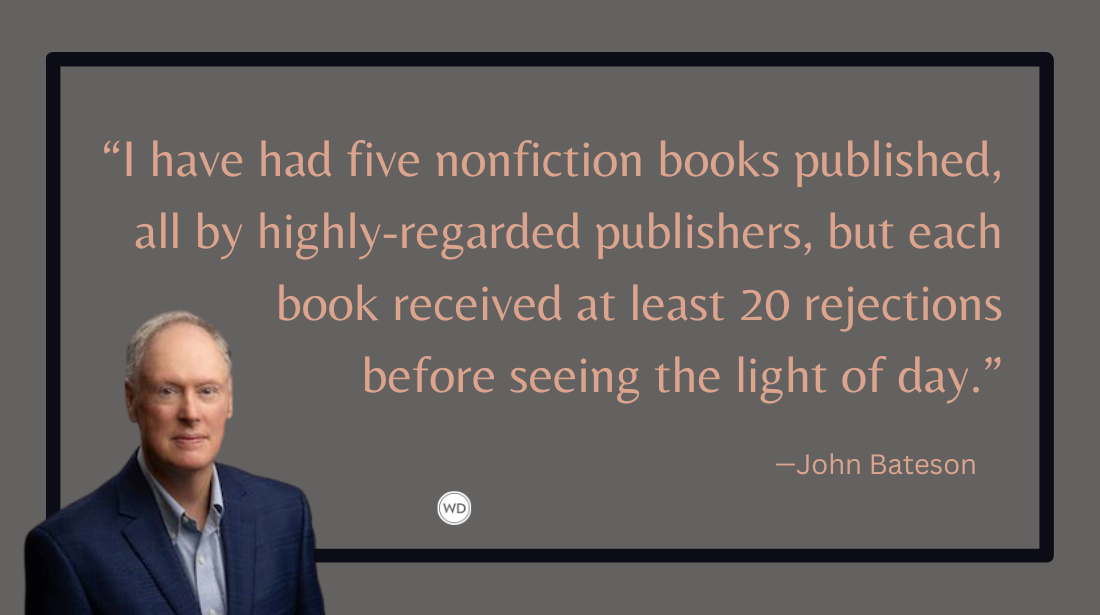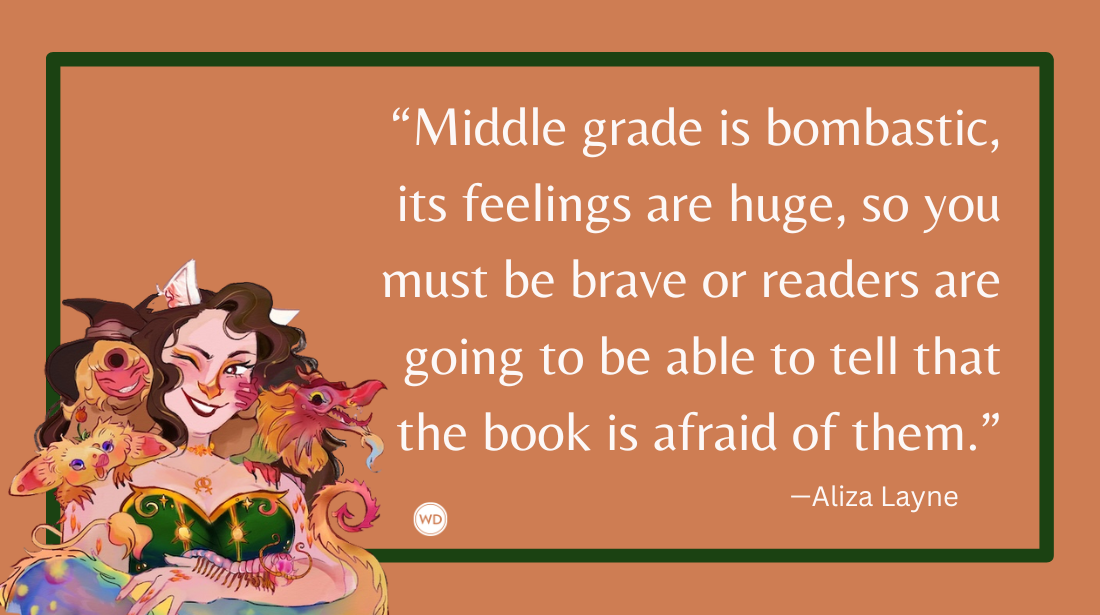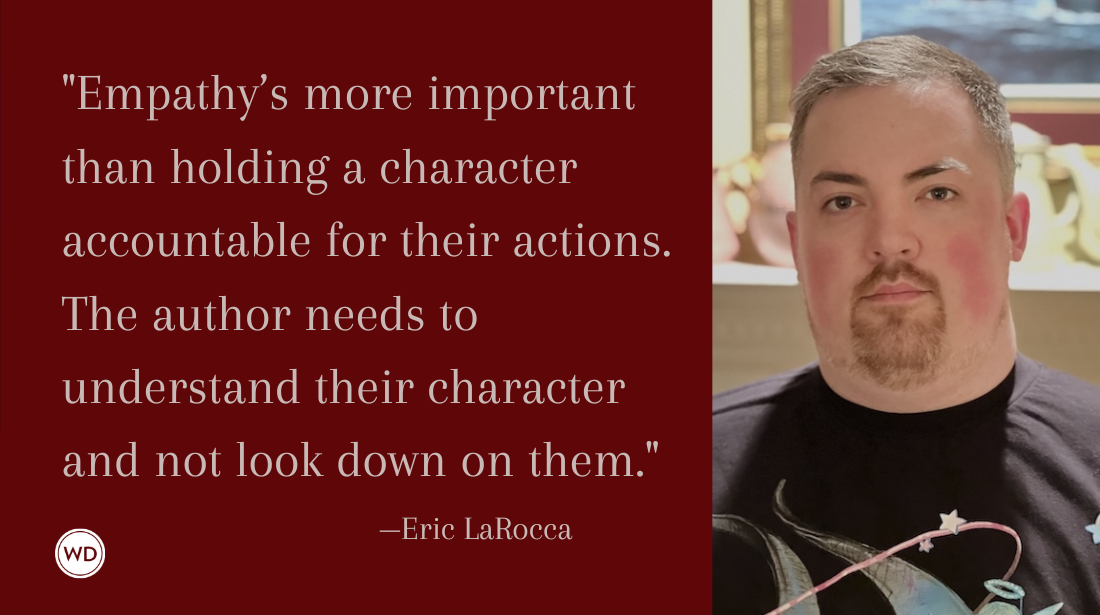Compliment vs. Complement vs. Supplement (Grammar Rules)
Learn when to use compliment vs. complement vs. supplement with Grammar Rules from the Writer’s Digest editors, including a few examples of correct usages.
This week's post is aimed at a problem (one of many) I see on social media quite a bit. In speech, compliment and complement could be swapped and many wouldn't even bat an eye, but it's different in writing. Meanwhile, complement and supplement can easily be mistaken as the same thing when there's a slight difference between the two.
So in this post, let's untangle compliment, complement, and supplement.
Compliment vs. Complement vs. Supplement
Compliment can be used as a noun or verb. As a noun, compliment is an expression of esteem, acclaim, or admiration. For instance, I could pay someone a compliment on their "beautiful new haircut" or "excellent usage of grammar." As a verb, it just means to pay a compliment.
Complement is something that completes another thing or set of things. It's used in math and phrasing. But people can be complementary to each other as well. The cliche of the "good cop/bad cop" routine in interrogations is an instance of two people complementing each other. Also, the institution of marriage is meant to signify the union of two people who complement each other in love and life.
Supplement seems a lot like complement in that it can help complete something, but it's most commonly used to make an addition to something. A good example is if you do supplemental reading for a class. It doesn't complete the reading for the class, but it does add context to the required reading.
Make sense?
Here are a few examples:
Correct: When I saw my neighbor at the store, I paid a compliment on his nice lawn.
Incorrect: When I saw my neighbor at the store, I paid a complement on his nice lawn.
Incorrect: When I saw my neighbor at the store, I paid a supplement on his nice lawn.
Correct: We have a full complement of strategies to combat anxiety.
Incorrect: We have a full compliment of strategies to combat anxiety.
Incorrect: We have a full supplement of strategies to combat anxiety.
Correct: Supplement your running with pushups and crunches to handle hills better.
Incorrect: Compliment your running with pushups and crunches to handle hills better.
Incorrect: Complement your running with pushups and crunches to handle hills better.
Correct (using all): The program supplement paid a high compliment to the way the two singers complement each other.
A good way to keep these straight is to remember that complement with an "e" completes things, supplement is something added to, and compliment with an "i" is just something nice to say.
*****
No matter what type of writing you do, mastering the fundamentals of grammar and mechanics is an important first step to having a successful writing career.
Robert Lee Brewer is Senior Editor of Writer's Digest, which includes managing the content on WritersDigest.com and programming virtual conferences. He's the author of 40 Plot Twist Prompts for Writers: Writing Ideas for Bending Stories in New Directions, The Complete Guide of Poetic Forms: 100+ Poetic Form Definitions and Examples for Poets, Poem-a-Day: 365 Poetry Writing Prompts for a Year of Poeming, and more. Also, he's the editor of Writer's Market, Poet's Market, and Guide to Literary Agents. Follow him on Twitter @robertleebrewer.








